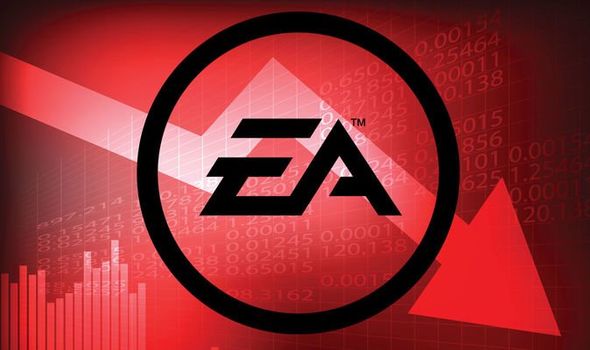Hackers leak full EA data after failed extortion attempt

Hackers have leaked an estimated 751GB of compressed EA data containing FIFA 21 source code on a dark web forum. Initially, they released a cache of 1.3GB of FIFA source code on July 14 as part of a demand for payment to stop them from releasing the rest, but after EA refused to play ball, the rest was added. According to reports, the hackers used the authentication cookies to mimic an already-logged-in EA employee’s account and access EA’s Slack channel and then tricked an EA IT support staffer into granting them access to the company’s internal network, ultimately allowing them to download more than 780GB of source code from the company’s internal code repositories. EA says that no player information was ever at risk and they’ve fixed the problem internally.
https://therecord.media/hackers-leak-full-ea-data-after-failed-extortion-attempt/
How It Could Affect Your Customers’ Business: Part of this hacking incident was powered by impersonation, which is a form of phishing, and is reminiscent of the 2020 Twitter hack that enabled cybercriminals to gain access to celebrity accounts by impersonating Twitter workers.
Get In Touch
Share On Social Media
Other Recent Blog Articles
Podcast: Returning Special Guest Erik Swanson of Cardinal Services
We’re thrilled to welcome Erik Swanson of Cardinal Services as our returning special guest. Erik brings a wealth of expertise in the intersection of IT and HR, shedding light on…
Read MoreWells Fargo is back in the News!
Wells Fargo is back in the news, but this time it is because of a data breach. Banking giant Wells Fargo has sent a data breach notice to some customers.…
Read MoreSafeguard Your Small Business: The Vital Role of IT Managed Services in Preventing Catastrophic Outages
In the fast-paced world of modern business, the reliance on technology has never been more significant. However, with this reliance comes the looming threat of cyberattacks, as evidenced by the…
Read More